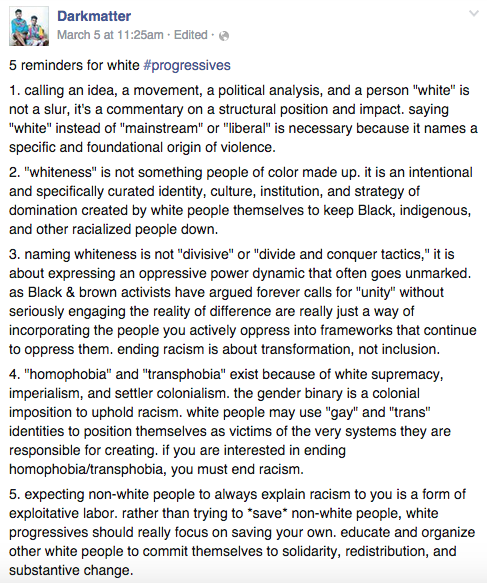The Democratic presidential primary has finally come to an end, with the longtime frontrunner Hillary Clinton clinching the nomination. Bernie Sanders has now come out and said that he will work with Hillary Clinton to defeat Donald Trump. It may have killed hopes that some leftists may have had that Sanders might still run as an independent or with Jill Stein on the Green Party ticket, but his endorsement of Hillary Clinton is far from unexpected.
With the nominating process now behind us, the question for supporters of Bernie Sanders both unwavering and critical is simple: What is to be done now?
One of the solutions that will eventually be bandied about is entryism, which is the practice of having people join a party en masse in order to engineer a takeover of the political party in question. The most famous modern example of entryism occurred within the Labour Party in the United Kingdom in the late 1970s through the mid-1980s. There, members of a Trotskyist organization known as Militant attempted to steer Labour to the left by signing up to join the party and winning control over the organization piece by piece. They succeeded in having a Militant member named as the National Youth Organizer after taking over the Labour youth organization, meaning that the organization had one person on the National Executive Committee (NEC). Attempts by more moderate Labourites to expel Militant were initially unsuccessful, but after the Militant-dominated Liverpool City Council decided to run a deficit in contravention of national law, Labour eventually succeeded in expelling the organization from the party. They even went to the extent of deselecting Militant’s two MPs (more on this later).
Left-liberals and social democrats in the United States might push forward by saying that working within the Democratic Party is the best way to ensure that the concerns of the working class get heard, and that we should use the enthusiasm generated by the Sanders campaign to bring people into the party with the hopes of changing it. Let’s engage with this idea and analyze just what it would take to have this happen.


